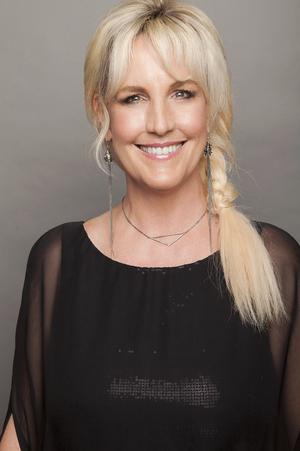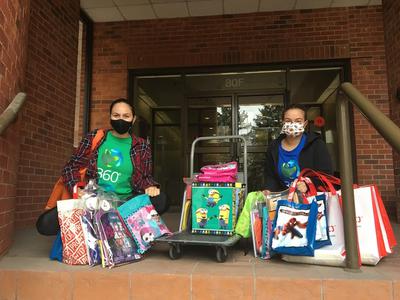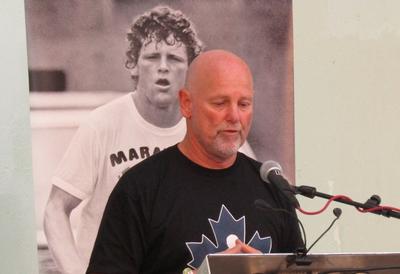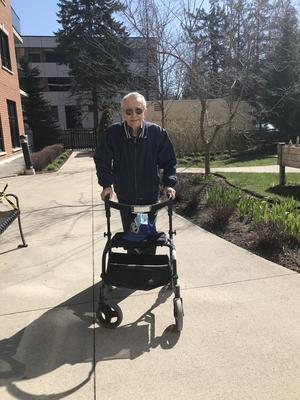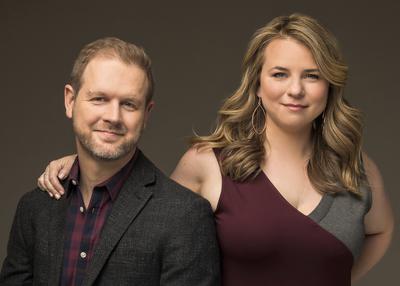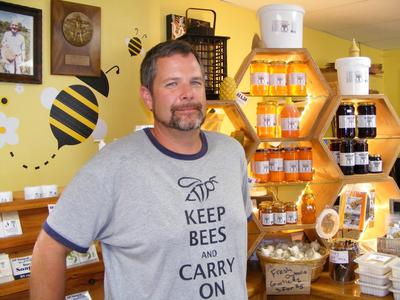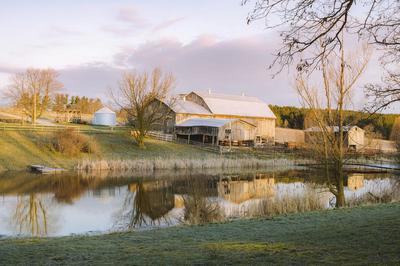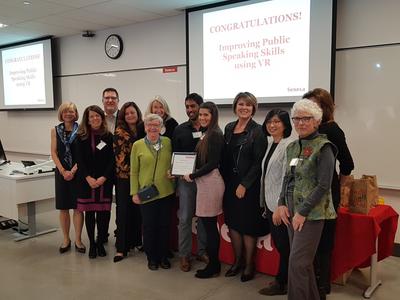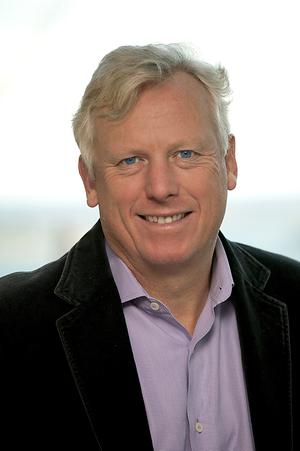
David Miller Speaks On the Current 'Climate Crisis'
David Miller, former Toronto Mayor and President and CEO of the World Wildlife Fund Canada and current Director of International Diplomacy at the C40 Climate Leadership Group, spoke to students and employees of Seneca College in the latest virtual chapter of Seneca Business’ Sustainability Speaker Series July 7. Drawing on his seven years of experience as Mayor of Toronto (2003-2010) as well as his book Solved: How the World's Great Cities Are Fixing the Climate Crisis, Miller discussed the solutions to climate change that lie in our urban areas and the methods of avoiding a climate catastrophe.
